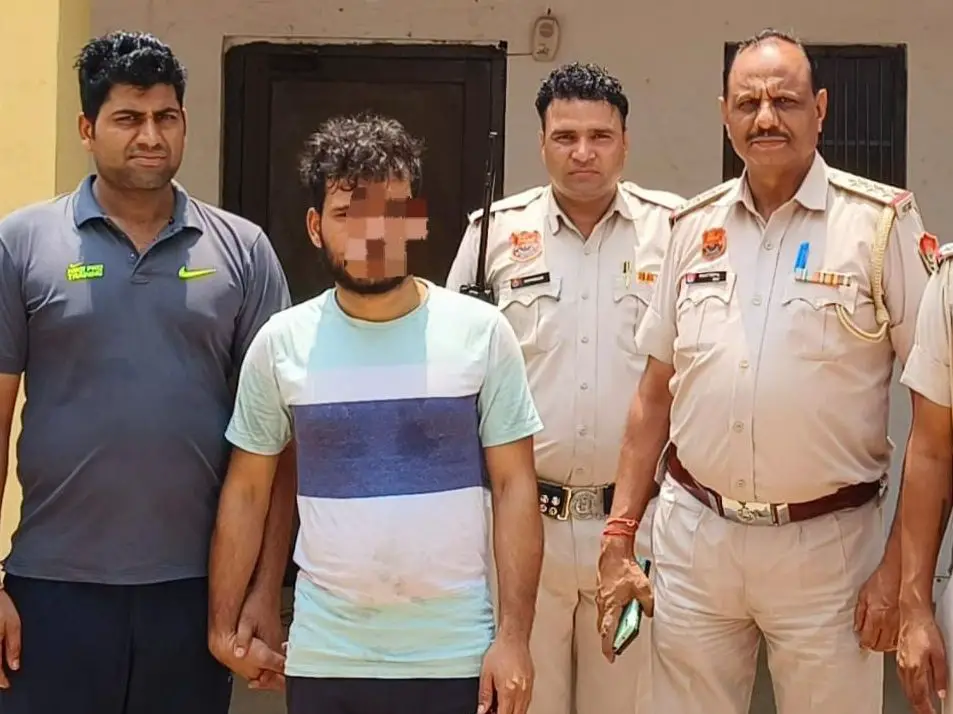Big change in ITI admission: Candidates will get facility to freeze or float seat, open option of choice filling

The government has provided an open discount to the candidates to choose open choice filling ie options for admission to state and private ITI. The admission process in the state and private industrial training institutes (ITI) of the state for other sessions with 2024-25 has been determined with amendment.
Under this, the candidate voluntarily voluntarily Group A and B In the order of preference, you can choose the option of any district, institute and course of the state. Till now the candidates could give maximum 3 districts, 6 institutions and 10 business options for admission, while for private ITI, this limit was up to a maximum of 25 institutions of 3 districts.
will get seats freeze and float Option of
Minister of State (Independent Charge) Kapil Dev Aggarwal, Minister of State for Skill Development, Vocational Education and Entrepreneurship, said that according to the arrangement prescribed for the academic session 2024-25 under the revised admission process, the candidate By voluntarily, in the order of Group A and B State ITI and private ITI, the facility of adding options for any district, institute, business, courses of the state will be available. Similarly, freeze and float will be available for higher options for district, institute, business and course against vacant seats in private ITIs.
The process of allocation of online seats has also been amended in all 4 stages based on merit of educational qualification. Under this, in the first phase in state and private ITI, the candidates will be allotted seats in order to start the preference list of that group to start the process of allocation of seats in any group. It will be seen whether the seat can be allocated by the candidate on the basis of his merit and reservation class in the first round. If this is not the case, then the same process will be repeated for the next district, institute, business, course identified in preference order, unless there is no seat in all the districts, institutes, businesses and courses marked in preference order. Apart from this, in order to start the process of allocation of seats in any group in the first phase, the seats will be allotted to the candidates in the order of the preference list of the group. P>
In the second phase of the admission process, candidates who did not get districts, institutes, businesses and courses of their high alternatives in the second phase of the admission process, but some candidates did not enter the first phase Due to taking, they can get an opportunity to enter their high options. However, if such candidates want a change in their option, then the candidate admitted to the government institute will get the opportunity to upgrade in the government institute and the candidate admitted to the private institute. After the completion of the upgrade process, first such candidates will be separated who were allotted any institute in the first phase. After this, the allocation process for the remaining seats will be again run according to the first phase and the upgrade list and second selection list will be displayed again on the website of the council.
The process will be completed in 4 days after registration /P>
After the second phase, the process of upgrading the candidates in state and private ITI according to the second phase will be prepared and made available on the website and registration will be made on the website and registration will be taken by getting the option of the candidates again. . If a candidate does not want to give a new option, then according to his merit, on the option given in his admission form, he will be allotted district, institute, business and course according to the first phase. After registration, the selection process will be completed in 4 days. Candidates will be provided a maximum of 5 days time to get admission. In the third phase, only such candidates will be considered in the allocation of seats, who have not allotted any seats in both the earlier phases. After the allocation in this phase, the process of allotment of seat will be adopted again like the first phase, unresering the remaining seats.
Discover more from Public App
Subscribe to get the latest posts sent to your email.









